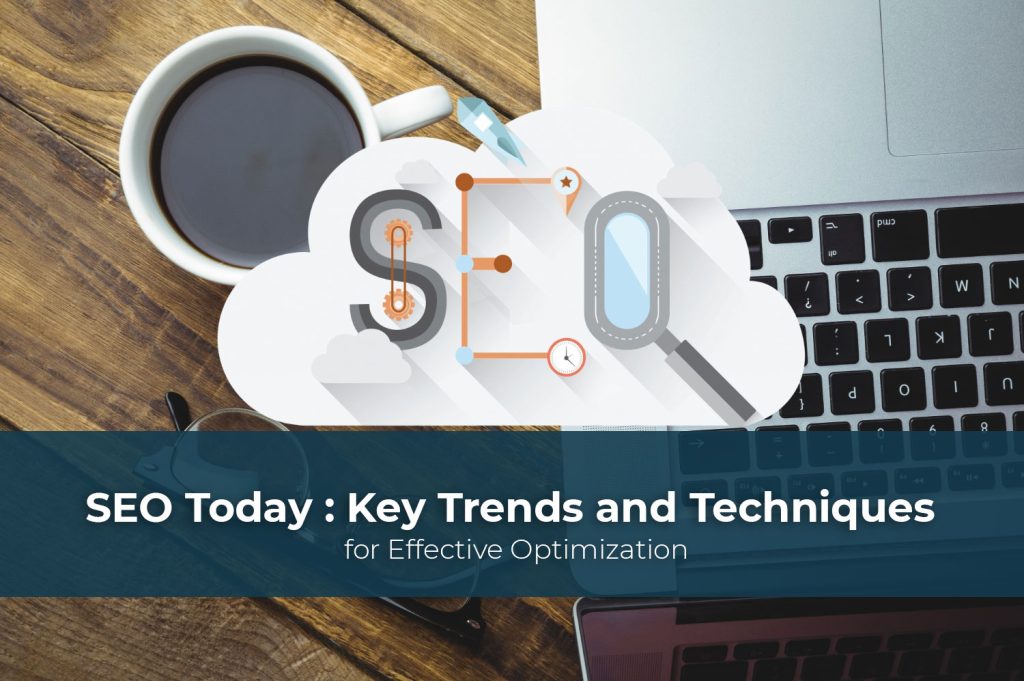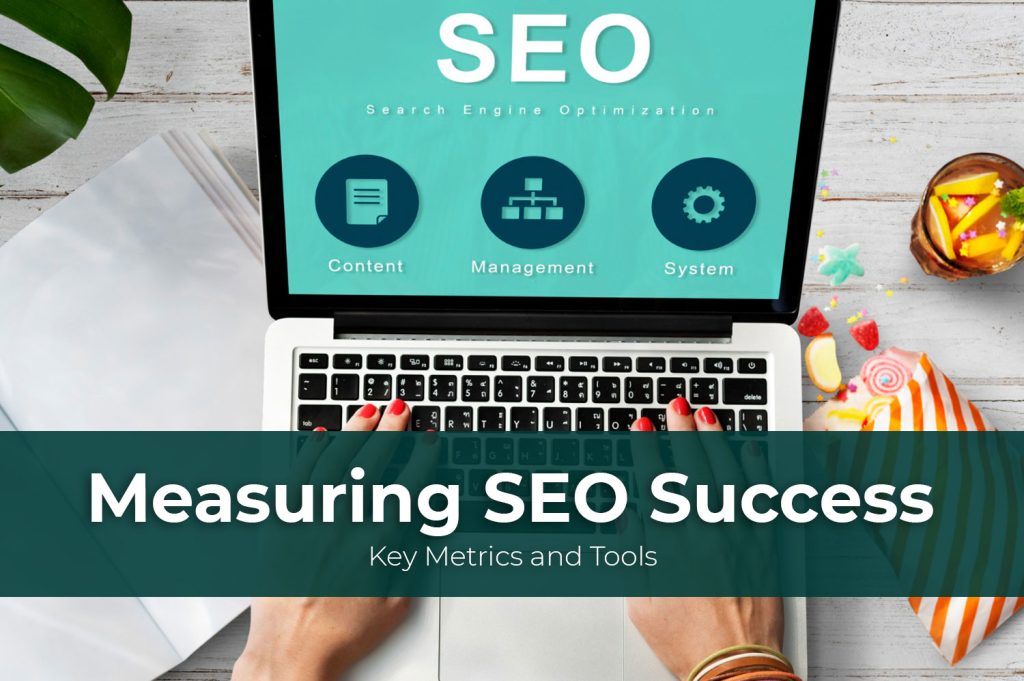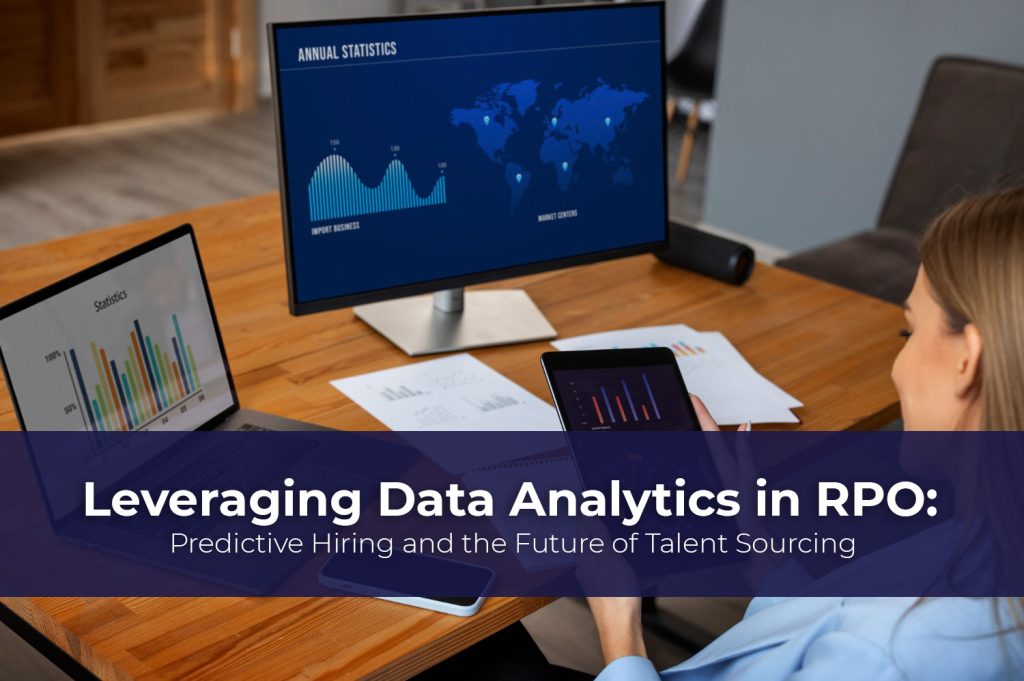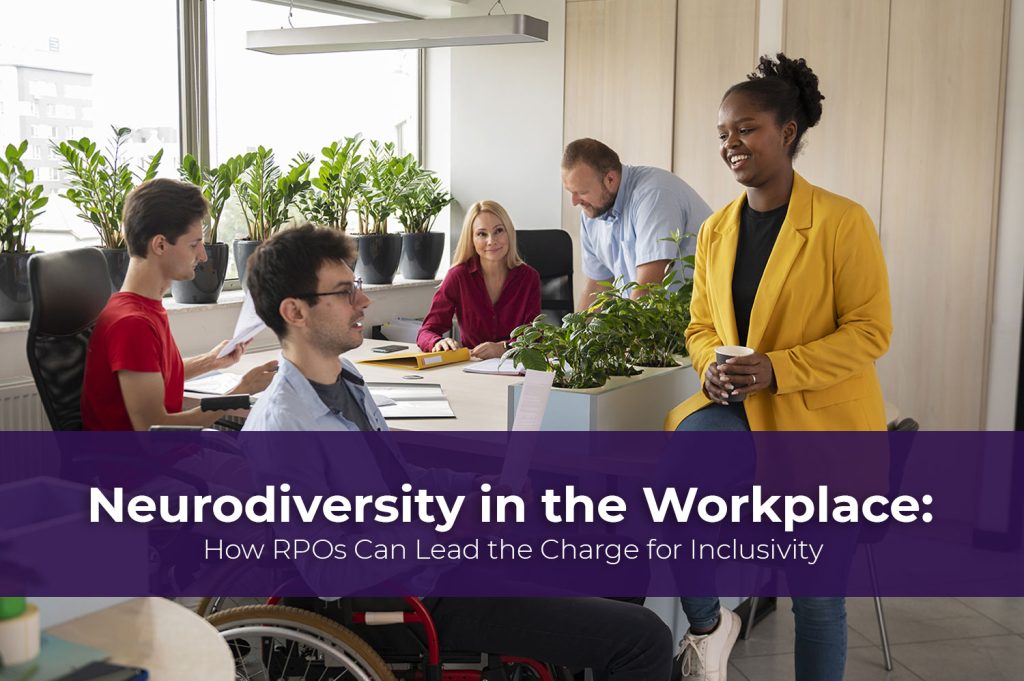
Table of Contents
ToggleIntroduction
Introduction to Google’s Algorithm
- Purpose of Google’s Algorithm: To provide users with the most relevant, high-quality search results.
- Evolution Over Time: Google’s algorithm has evolved from simple keyword matching to complex systems using artificial intelligence.
- Impact on SEO: Changes to the algorithm can dramatically alter a website’s visibility on search engine results pages (SERPs).
- Understanding Updates: Keeping up with updates is essential for SEO professionals to adapt their strategies.
- Resources for Updates: Official Google blogs and SEO news websites are key resources for update information.
Understanding Google’s algorithm is fundamental for crafting effective SEO strategies. Updates can range from minor tweaks to major changes that reshape the search landscape.
Applying Google’s E-A-T principles can significantly impact your SEO performance by aligning your content and website with the qualities Google deems important for trust and authority.

Major Google Algorithm Updates
- Panda (2011): Targeted low-quality content, reducing the rankings of content farms.
- Penguin (2012): Aimed to penalize over-optimization, such as keyword stuffing and manipulative link schemes.
- Hummingbird (2013): Focused on understanding the context and intent behind a search query, rather than just the keywords.
- Mobilegeddon (2015): Gave priority to mobile-friendly websites in mobile search results.
- BERT (2019): Enhanced Google’s understanding of natural language for more nuanced search queries.
Each of these updates has pushed SEO professionals to focus on quality content, ethical optimization practices, and user experience.
How to Stay Ahead of Google’s Algorithm Updates
- Regularly Monitor Your Site’s Performance: Use tools like Google Analytics and Search Console to track changes in traffic and rankings.
- Focus on High-Quality Content: Content should be informative, well-written, and user-focused.
- Optimize for Mobile: Ensure your site is responsive and mobile-friendly.
- Improve User Experience: Site speed, easy navigation, and a secure environment are crucial.
- Stay Informed: Follow reputable SEO news sources and Google’s official channels.
Staying ahead of algorithm updates requires a proactive approach and a willingness to adapt SEO strategies as needed.
The Role of AI and Machine Learning
- Understanding Intent: Google uses AI to better understand search intent, making traditional keyword matching less important.
- Personalization: Search results are increasingly personalized based on user behavior and preferences.
- Content Relevance: AI assesses content quality and relevance to a user’s query.
- Link Analysis: Machine learning helps identify and evaluate the quality of backlinks.
- Automation in SEO: Tools leveraging AI can automate and optimize many SEO tasks.
AI and machine learning have significantly influenced how Google’s algorithm understands and ranks content.
SEO Best Practices for Algorithm Updates
- User-Focused Content: Create content that answers users’ questions and provides value.
- Keyword Research: While less dominant, keywords still matter. Use them naturally within high-quality content.
- Technical SEO: Ensure your website is technically sound, with fast load times and no crawl errors.
- Backlink Quality: Focus on earning high-quality backlinks from reputable sources.
- Adaptability: Be prepared to quickly adjust your SEO strategies in response to algorithm updates.
Following these best practices can help mitigate the impact of algorithm updates on your site’s rankings.
The Impact of Google’s Algorithm on Different Industries
- E-Commerce: Product descriptions, user reviews, and mobile optimization are key.
- Local Businesses: Local SEO, including Google My Business and local citations, is crucial.
- Content Publishers: Quality content, proper keyword usage, and staying updated with industry news are essential.
- Service Providers: For companies like Bumsa, understanding the nuances of industry-specific SEO can drive better rankings and visibility.
- B2B Businesses: Focus on thought leadership content and industry keywords.
Each industry faces unique challenges and opportunities in SEO, shaped by Google’s algorithm updates.
Google’s Algorithm and User Experience
- Page Experience Update: Emphasizes the importance of a good user experience, including site speed, mobile-friendliness, and secure browsing.
- Core Web Vitals: Metrics that are part of the Page Experience signals, measuring loading performance, interactivity, and visual stability.v
- Impact on Rankings: Sites offering a superior user experience are more likely to rank higher in search results.
- The Role of Content: Content must be engaging, useful, and accessible to complement the technical aspects of user experience.
Adaptive SEO Strategies for Long-Term Success
- Continuous Learning: Stay updated with the latest SEO trends and algorithm changes by regularly consulting authoritative SEO resources.
- SEO Audits: Conduct comprehensive SEO audits periodically to identify areas for improvement and compliance with the latest algorithm updates.
- Competitive Analysis: Analyze your competitors’ SEO strategies to understand industry standards and identify opportunities for differentiation.
- User Engagement Metrics: Monitor user engagement metrics such as bounce rate, dwell time, and click-through rate (CTR) to gauge content effectiveness and user satisfaction.
- Feedback Loops: Implement feedback mechanisms to collect user insights directly, allowing for data-driven adjustments to your SEO strategy.
Adaptive SEO strategies that embrace change and prioritize user engagement can drive sustained success in an ever-evolving digital landscape.

Review Google’s guidelines and audit your site for compliance with SEO best practices. Focus on improving content quality, user experience, and technical SEO.
Leveraging Google’s E-A-T Principles for SEO
- Expertise: Demonstrate authoritative knowledge in your content to establish credibility within your industry. For recruitment and outsourcing services, showcasing expertise through insightful articles, such as those found on Bumsa’s blog, can enhance your website’s authority.
- Authoritativeness: Build a strong brand presence online through quality backlinks, user reviews, and social media engagement. Highlight awards, certifications, or industry recognitions to boost your site’s credibility.
- Trustworthiness: Ensure that your website is secure (HTTPS), transparent (clear about authorship and sourcing), and provides accurate, reliable content. Privacy policies, terms of service, and contact information should be easily accessible.
- Content Quality and Depth: Publish well-researched, in-depth content that addresses the needs and questions of your target audience. Linking to relevant services or blog posts, like the importance of choosing the right RPO partner, can further enhance content value.
- User Feedback and Interaction: Encourage and respond to user comments and feedback on your site and social media channels. Positive user interactions can signal trustworthiness and authority to search engines.
Applying Google’s E-A-T principles can significantly impact your SEO performance by aligning your content and website with the qualities Google deems important for trust and authority.
Future-Proofing Your SEO Against Algorithm Changes
- Embrace Structured Data: Implement structured data (schema markup) to help search engines understand and index your content more effectively. This can enhance visibility through rich snippets and voice search results.
- Invest in Voice Search Optimization: As voice search becomes more prevalent, optimizing for conversational keywords and questions is increasingly important.
- Prioritize Video Content: With the growing dominance of video in content consumption, incorporating video into your SEO strategy can improve engagement and rankings.
- Stay Agile with SEO Tactics: Be ready to pivot your SEO strategies based on algorithm updates and emerging technologies. Continuous experimentation and adaptation are key.
Build for the Future: Keep an eye on developments in AI, machine learning, and other technologies that could influence Google’s algorithm. Stay informed about potential impacts on SEO practices and prepare to integrate new methodologies.





























